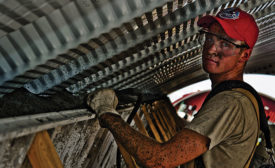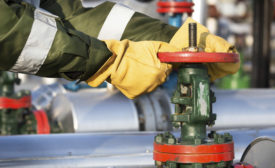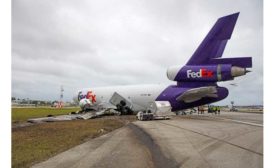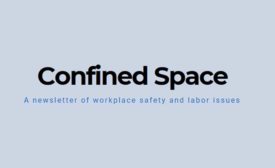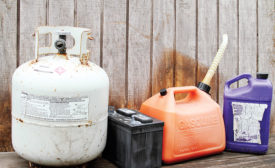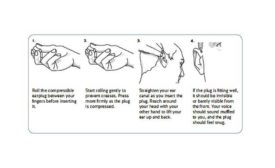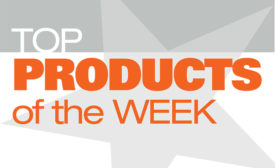Featured on Home Page
A new ISEA standard protects against blows to the back-of-hand
Reduce sudden impact
September 1, 2018
A NIOSH Science Blog post
Gases and vapors continue to pose hazards on oil and gas well sites during gauging, fluid transfer, and disposal
August 30, 2018
Survey your waste streams for correct disposal methods
Why can’t I just throw it away?
August 28, 2018
Become a Leader in Safety Culture
Build your knowledge with ISHN, covering key safety, health and industrial hygiene news, products, and trends.
JOIN TODAYCopyright ©2025. All Rights Reserved BNP Media.
Design, CMS, Hosting & Web Development :: ePublishing

